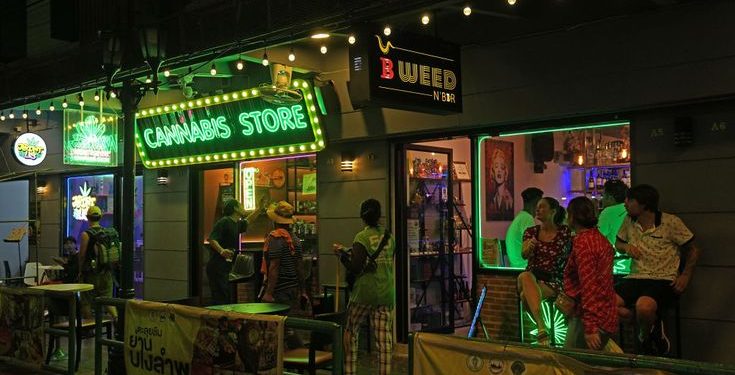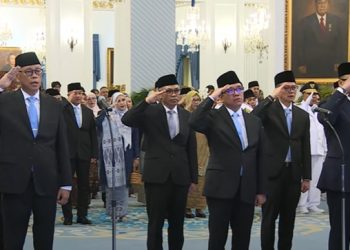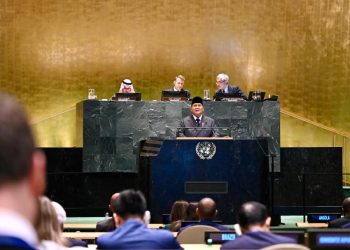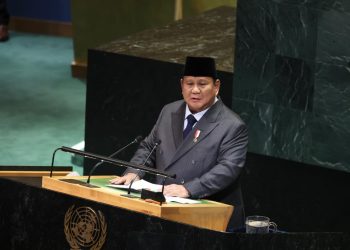Jakarta, Indonesia Sentinel — Thailand is imposing stricter rules on cannabis sales to foreign tourists, requiring them to present a valid medical prescription to purchase marijuana. The new regulation aims to curb the surge in recreational use at tourist hotspots across the country.
As of June 27, Thai authorities announced that cannabis use will now be strictly limited to medical and health-related purposes, according to a report from CNN. Public Health Minister Somsak Thepsuthin underscored that the public must understand cannabis is legal solely for medical use.
Under the revised rules, tourists must provide a medical certificate issued by a licensed physician, either from Thailand or their home country in order to purchase cannabis flower. Approved medical uses include treating chemotherapy-induced nausea, drug-resistant epilepsy, and nerve pain.
Licensed cannabis dispensaries will only be allowed to sell to customers with valid prescriptions. They are also required to keep detailed sales records and will be subject to regular inspections by Thai authorities.
The new regulations further restrict cannabis farming and cultivation, ban all commercial advertising, and prohibit sales via vending machines or online platforms.
“We want to make it clear to tourists that while they are welcome to enjoy Thailand’s culture and natural beauty, the country should not be viewed as a destination for recreational cannabis,” Somsak said.
Read Also:
Palestinian Officials Accuse Israel of Lacing Gaza Aid Flour with Drugs
Government spokesman Jirayu Houngsub stated that the Ministry of Public Health had been ordered to tighten control over cannabis distribution.
Thailand made headlines in 2022 when it became the first Asian nation to decriminalize recreational cannabis. Since then, tens of thousands of cannabis-related businesses have sprung up, especially in high-traffic tourist areas like Bangkok’s Khao San Road and Pattaya.
The Thai Chamber of Commerce estimates the cannabis industry, including medical products, could be worth $1.2 billion by 2025.
However, in the early days of legalization, the absence of a clear regulatory framework led to widespread access, including among minors. The proliferation of dispensaries offering both medical and recreational cannabis clashed with the government’s stated goal of curbing narcotics use.
(Raidi/Agung)


























